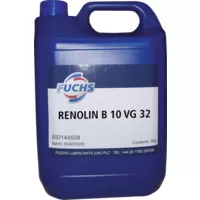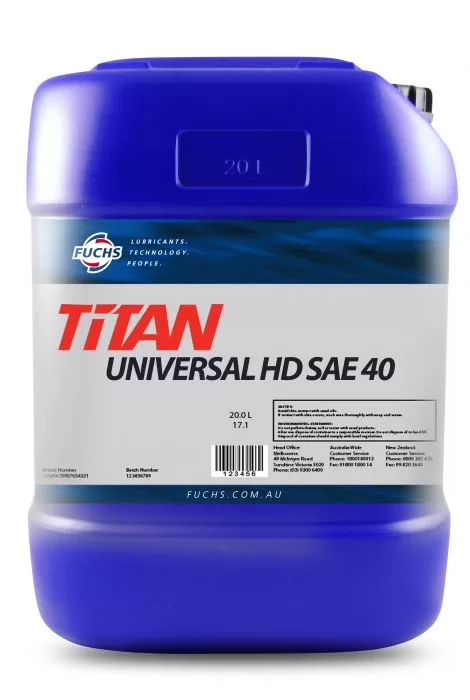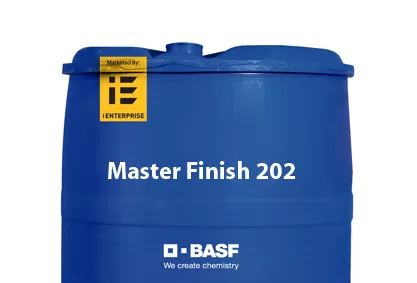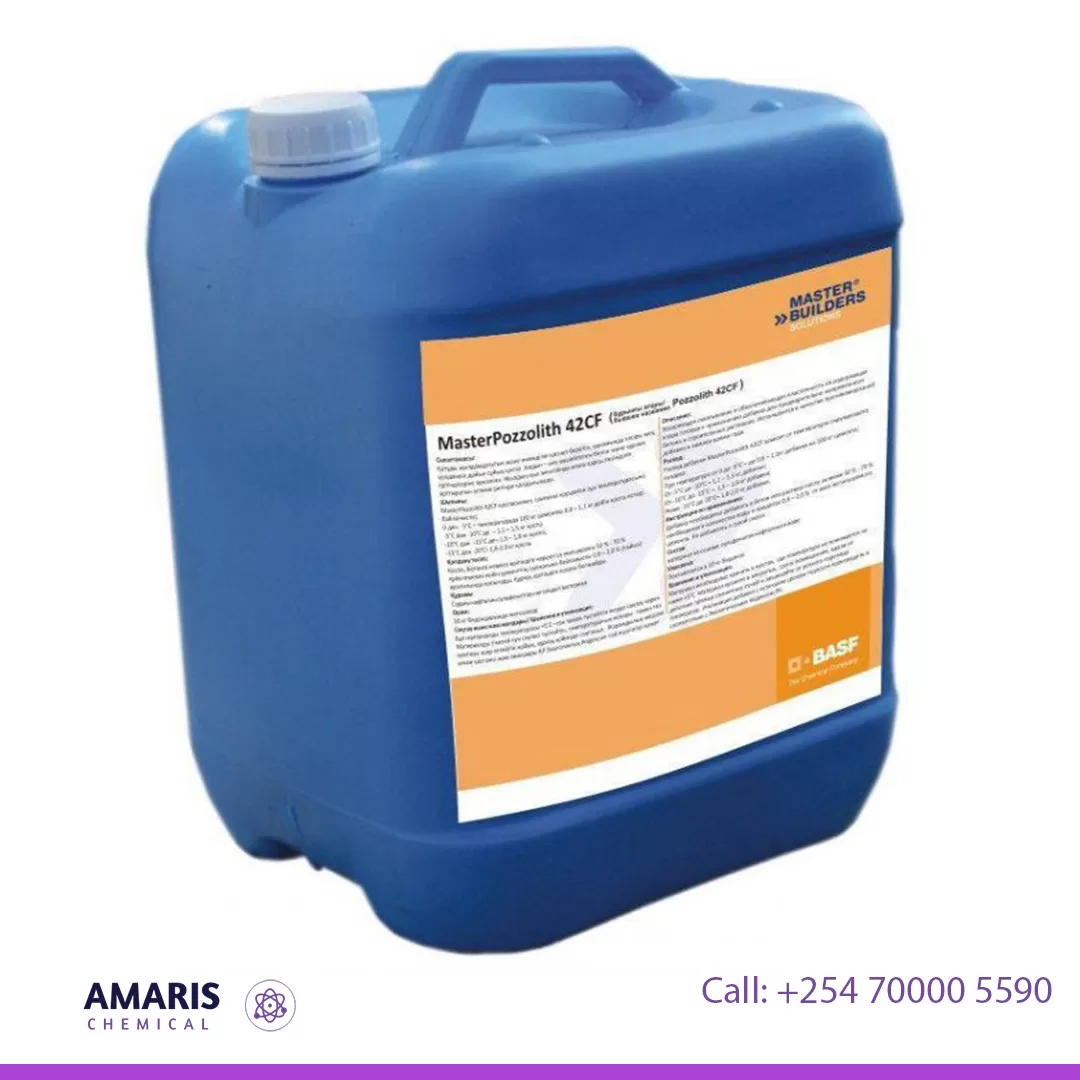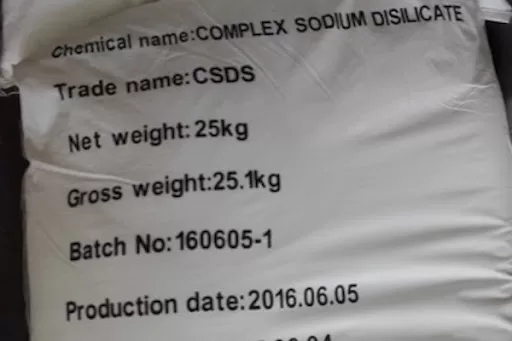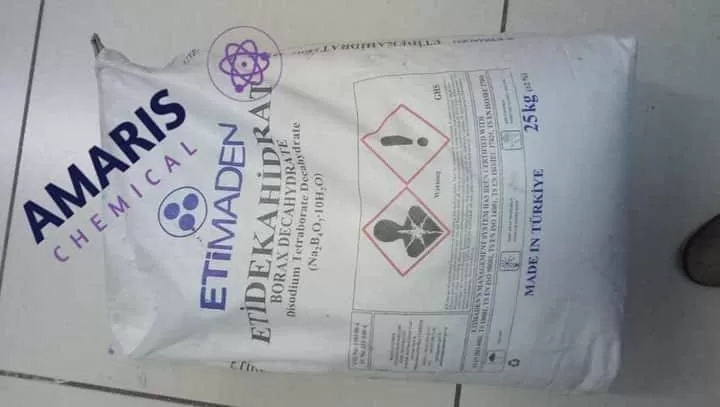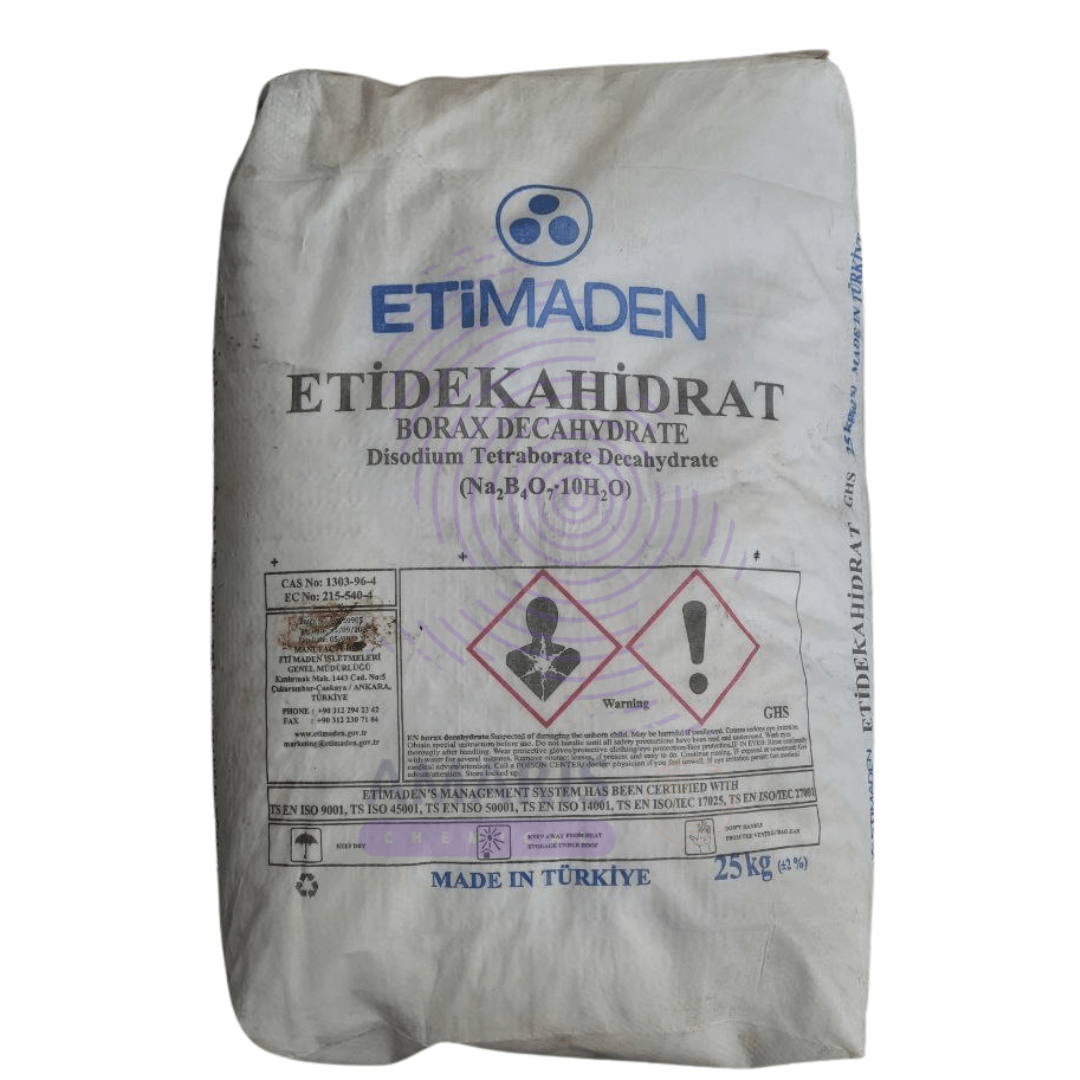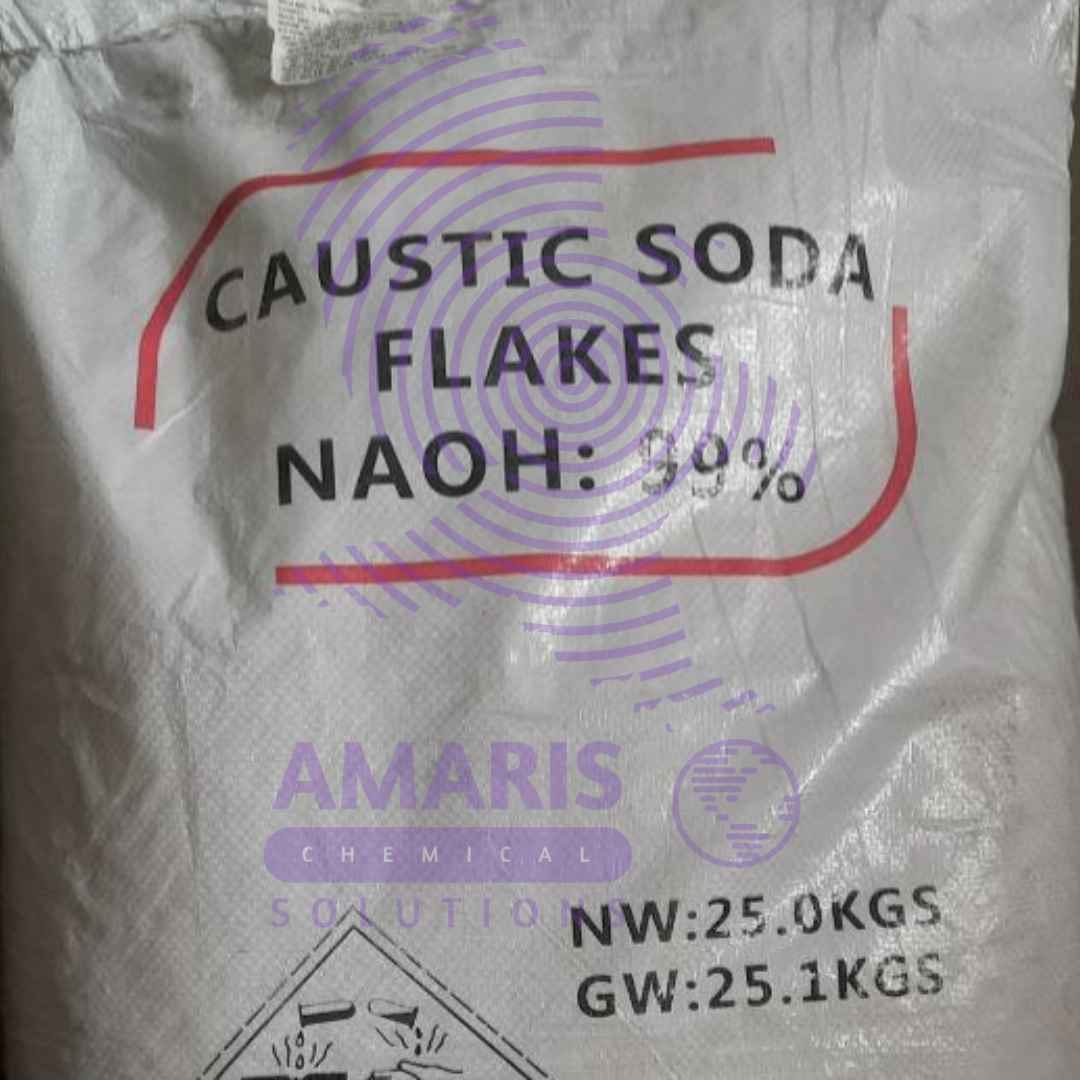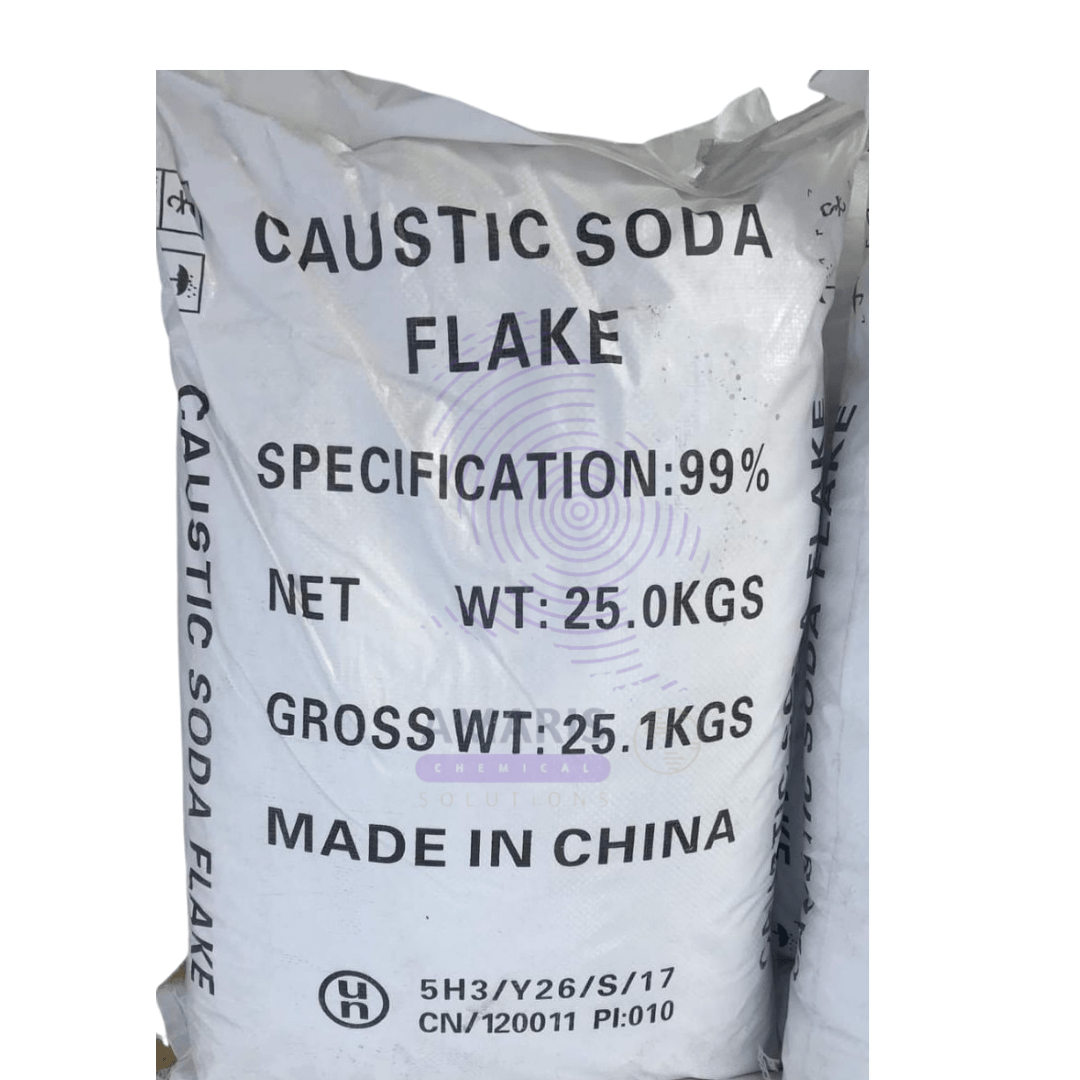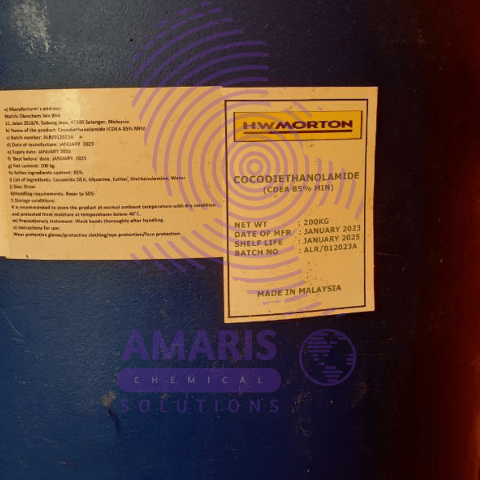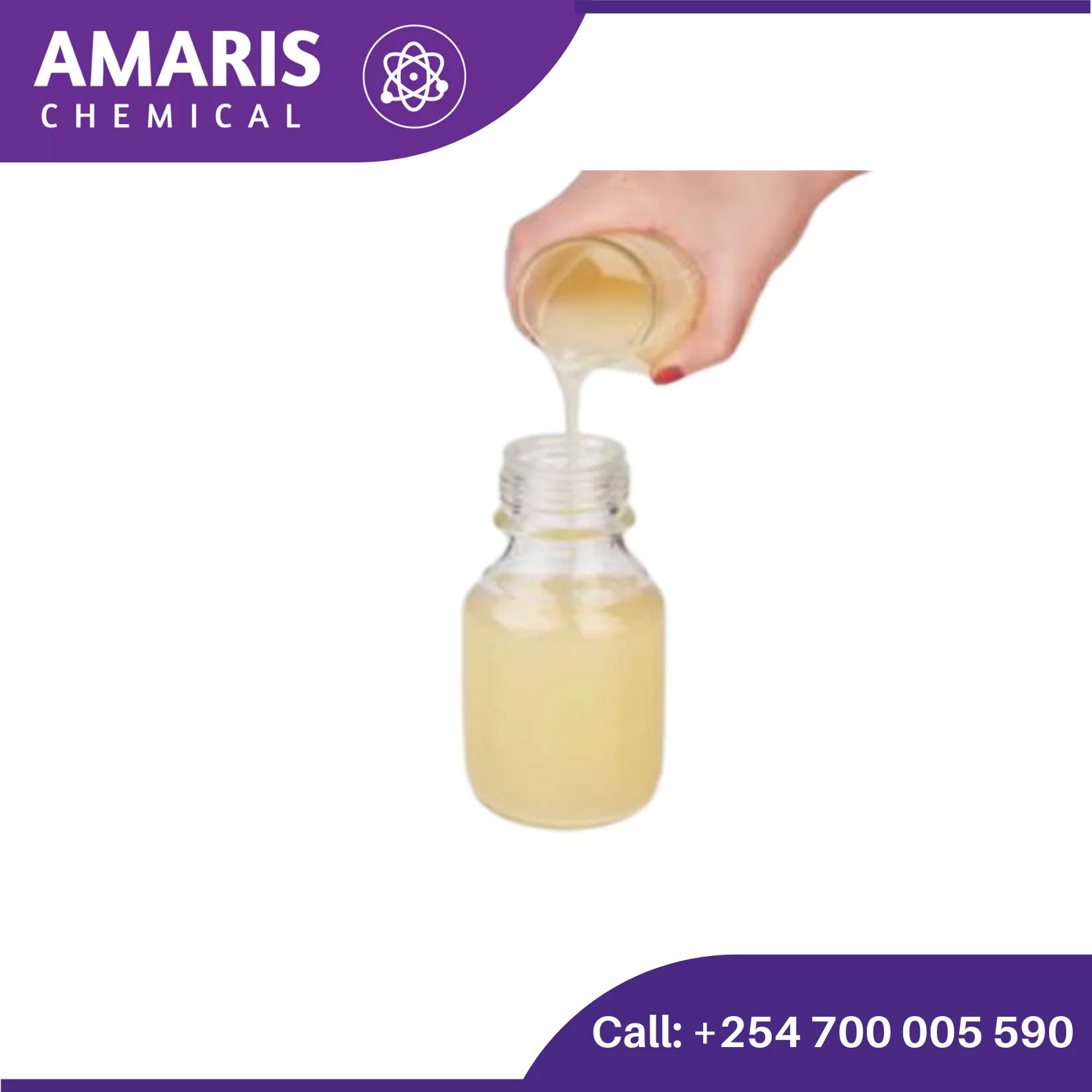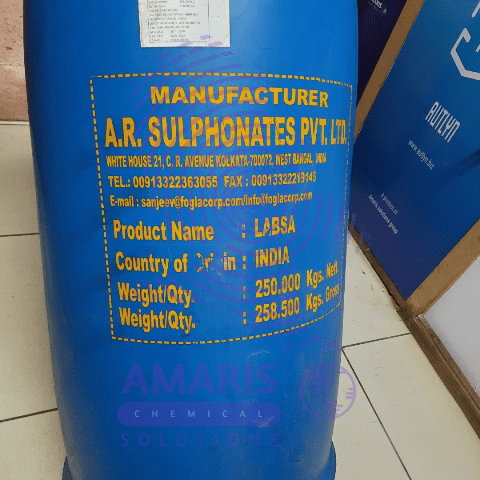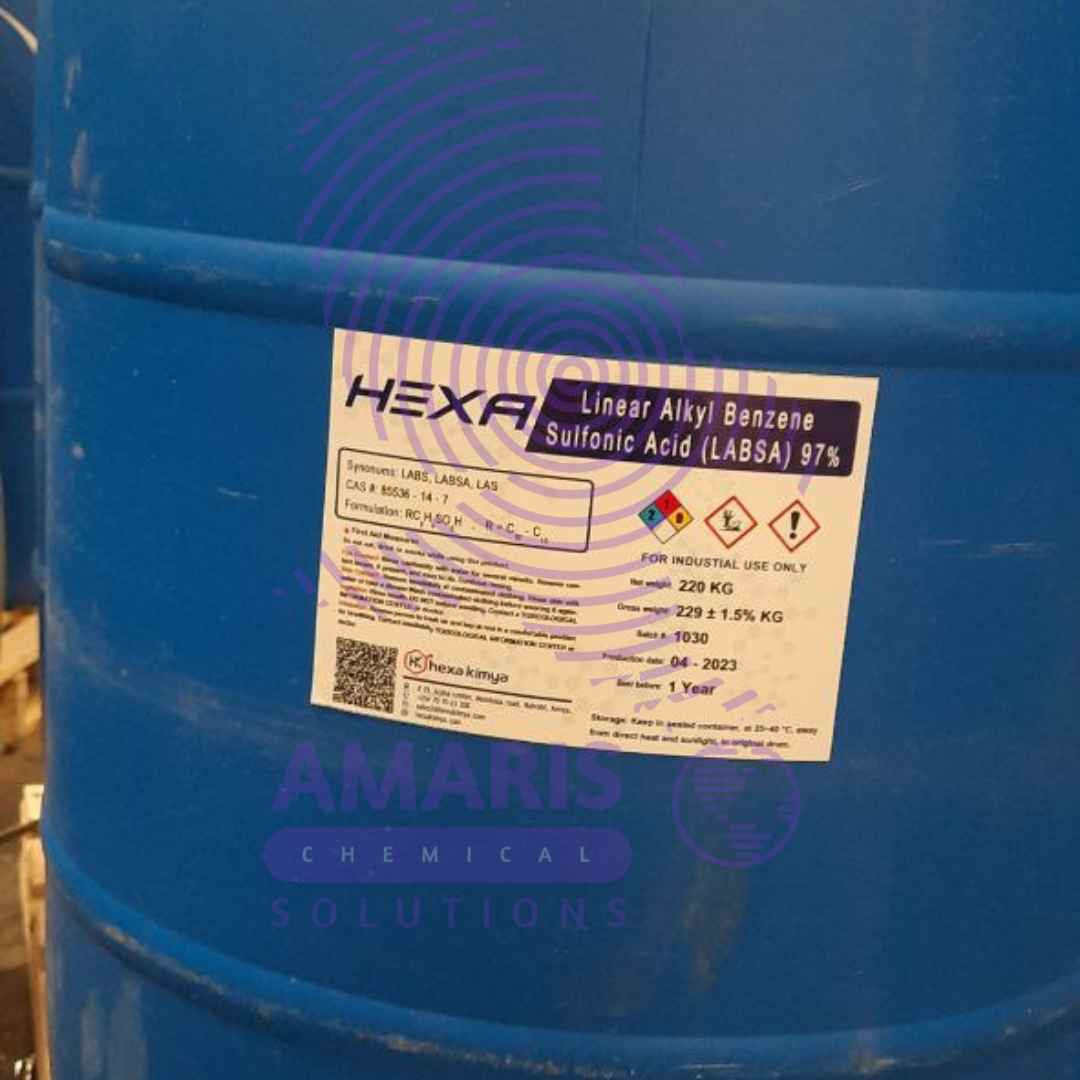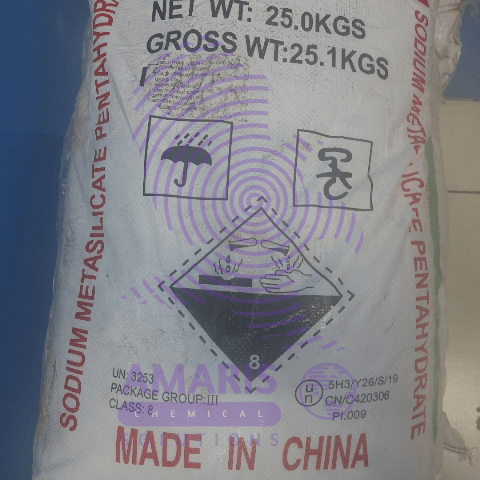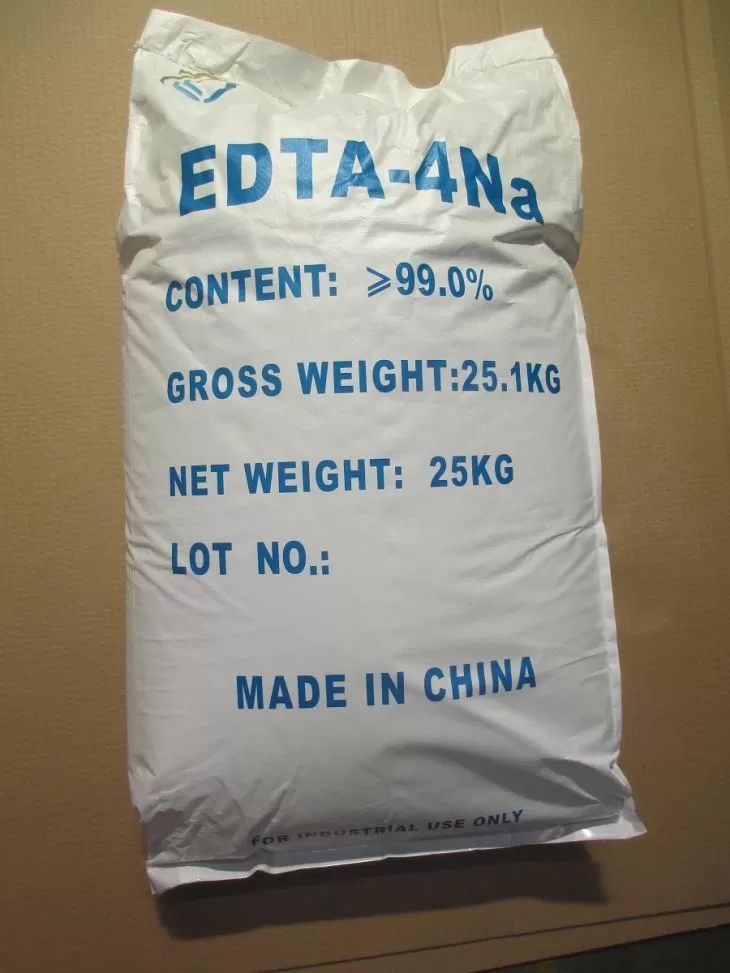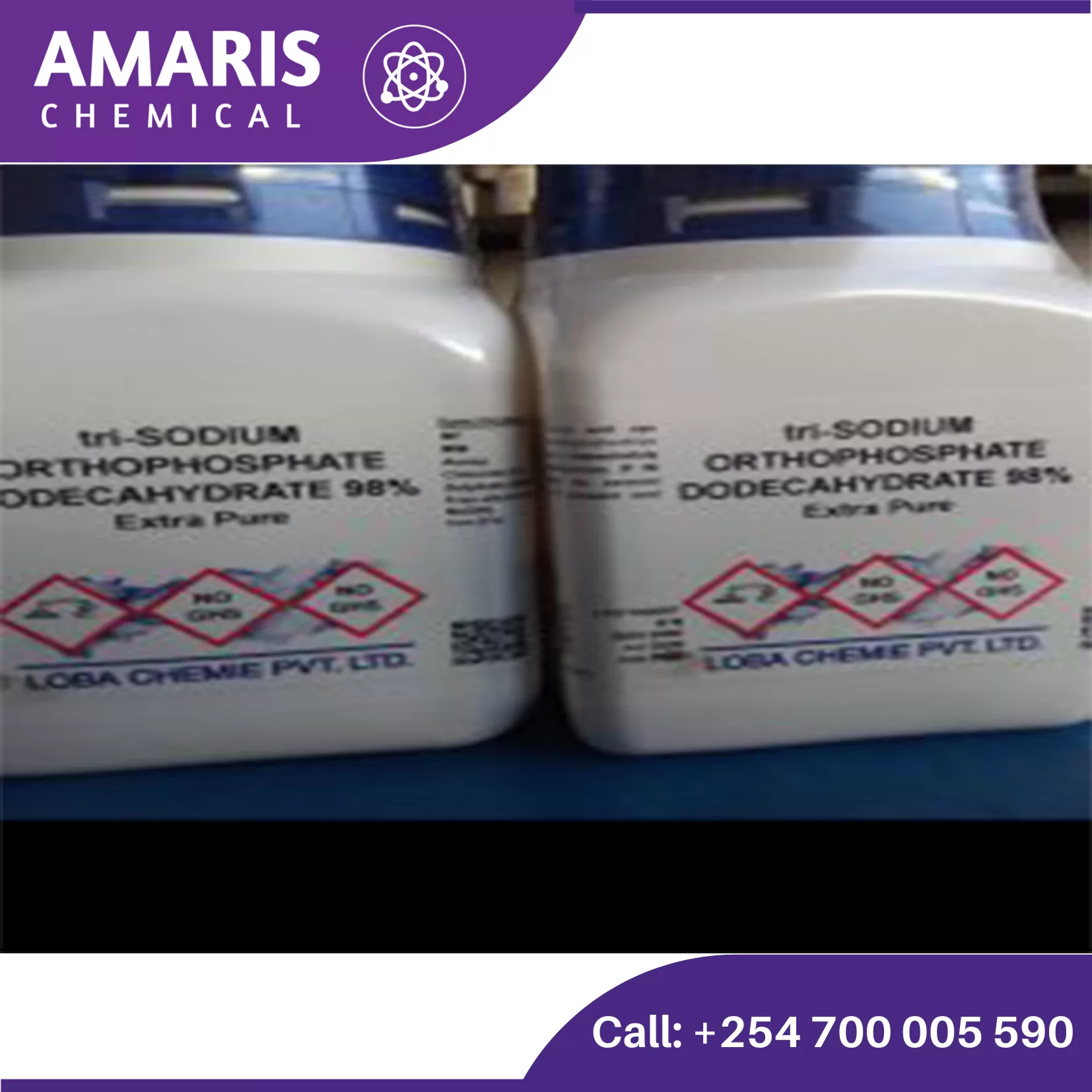“Sodium Sulphate anhydrous 25kg” has been added to your cart. View cart
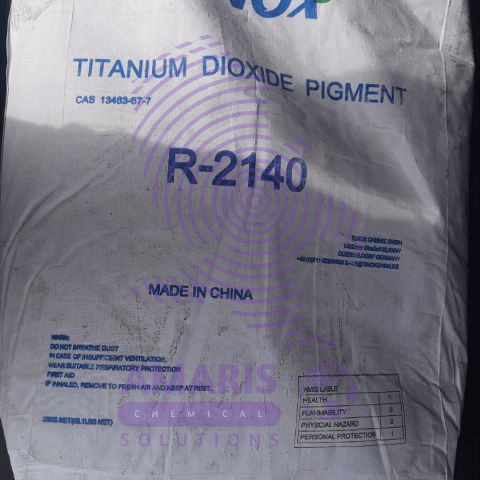
Titanium Dioxide 25kg Kronos
$7,500.00 Original price was: $7,500.00.$7,400.00Current price is: $7,400.00.

Hot melt Adhesive/Glue
$6,000.00 Original price was: $6,000.00.$5,000.00Current price is: $5,000.00.
Sodium Disilicate 25kg
Sodium disilicate is a chemical compound with the formula Na2Si2O5. It is a type of sodium silicate, also known as water glass, and is commonly used in various industrial and commercial applications.
SKU:
ACS52587CHEM0
Categories: Builders, Catalysts, Surfactants
Description
sodium disilicate
1. Detergents and Cleaning Agents
- Builder in Detergents: Enhances the effectiveness of surfactants by softening water, binding to calcium and magnesium ions, thus preventing them from interfering with the cleaning process.
- Grease and Stain Removal: Helps in breaking down and emulsifying oils and greases, making it a key ingredient in industrial and household cleaning products.
2. Adhesives and Sealants
- Binder: Used in adhesives for its ability to provide strong bonding properties.
- Sealants: Applied in formulations for sealing materials like cement and concrete, improving their strength, durability, and resistance to water.
3. Paper and Pulp Industry
- Processing Aid: Enhances the processing of paper pulp, improving the quality and characteristics of the finished paper.
- Ink Absorption: Increases the absorption of ink in paper products, contributing to better print quality.
4. Water Treatment
- Corrosion Control: Used to control corrosion in water distribution systems by forming a protective film on metal surfaces.
- Scale Prevention: Helps in preventing the formation of scale in boilers and other water systems.
5. Automotive and Metal Cleaning
- Degreasing Agent: Essential in formulations for cleaning metal parts and surfaces, effectively removing oils, greases, and other contaminants.
- Rust Inhibition: Provides temporary protection against rust and corrosion on metal surfaces.
6. Ceramics and Glass Manufacturing
- Fluxing Agent: Lowers the melting point of the raw materials in ceramics and glass production, facilitating easier processing and formation.
- Strength Enhancer: Contributes to the mechanical strength and durability of ceramic and glass products.
7. Construction Industry
- Concrete Additive: Used in concrete mixtures to enhance the material’s properties, such as increasing its hardness, reducing permeability, and improving resistance to weathering.
- Fireproofing: Acts as a fire retardant in various construction materials.
8. Textile Industry
- Bleaching Aid: Assists in the bleaching process of textiles, ensuring uniform color and removing impurities.
- Desizing Agent: Used to remove size (a protective glue-like substance) from fabric to prepare it for dyeing and finishing.
9. Agriculture
- Soil Stabilization: Helps in soil stabilization processes, improving soil structure and reducing erosion.
- Fertilizer Production: Occasionally used in the production of certain types of fertilizers.
10. Miscellaneous Applications
- Catalyst Support: Used as a support material for catalysts in chemical reactions.
- Preservation: Used in preserving artifacts and artworks due to its protective properties.
Shipping & Delivery


MAECENAS IACULIS
Vestibulum curae torquent diam diam commodo parturient penatibus nunc dui adipiscing convallis bulum parturient suspendisse parturient a.Parturient in parturient scelerisque nibh lectus quam a natoque adipiscing a vestibulum hendrerit et pharetra fames nunc natoque dui.
ADIPISCING CONVALLIS BULUM
- Vestibulum penatibus nunc dui adipiscing convallis bulum parturient suspendisse.
- Abitur parturient praesent lectus quam a natoque adipiscing a vestibulum hendre.
- Diam parturient dictumst parturient scelerisque nibh lectus.
Scelerisque adipiscing bibendum sem vestibulum et in a a a purus lectus faucibus lobortis tincidunt purus lectus nisl class eros.Condimentum a et ullamcorper dictumst mus et tristique elementum nam inceptos hac parturient scelerisque vestibulum amet elit ut volutpat.
Related products
Borax Decahydrate 25kg
Borax, also known as sodium borate, is a naturally occurring mineral composed of sodium, boron, oxygen, and water. It is a white, odorless powder that dissolves easily in water, and has a wide range of uses, including as a laundry detergent booster, a multipurpose cleaner, and as a component in the production of glass, ceramics, and enamel. Borax has antifungal and insecticidal properties and is also used in certain industrial applications such as in the production of fiberglass, as a flux in metallurgy, and as a fire retardant. It is considered safe when used as directed, but can be toxic if ingested in large quantities.
Caustic Soda Flakes 25 kg bags
Caustic Soda Flakes (Sodium hydroxide,) commonly known as caustic soda or lye, is a highly caustic and alkaline compound that is used in various industries for its strong basic properties, including the production of soaps, detergents, and paper. It is a white, odorless solid that is highly soluble in water and can be extremely hazardous if not handled properly. Sodium hydroxide is a strong base that can cause severe burns and tissue damage upon contact with skin and other organic matter.
CocoDiethanolamide CDEA
Cocamide DEA (CDEA), also known as cocodiethanolamide, is a type of non-ionic surfactant derived from coconut oil. It is commonly used as a foaming agent, emulsifier, and viscosity builder in various personal care and household cleaning products, such as shampoos, bath gels, liquid soaps, and detergents. CDEA is valued for its ability to enhance the performance of other ingredients in a formula, as well as its mildness on the skin and hair
Defoamer
A defoamer, also known as an anti-foaming agent, is a chemical additive that reduces and eliminates foam formation in liquids. Foam is formed when gas is trapped in a liquid, and it can cause problems in various industrial processes, such as in the production of food and beverages, pulp and paper, and wastewater treatment. Defoamers work by destabilizing foam bubbles and breaking them apart, allowing the gas to escape from the liquid. They typically contain surfactants or oils that spread over the surface of the liquid to disrupt foam formation. Defoamers are available in various forms, including liquid, powder, and emulsion, and are used in a wide range of industries to improve process efficiency and product quality
Labsa (Ufacid) 90% 250 kg Drum
LABSA stands for Linear Alkyl Benzene Sulfonic Acid, which is an anionic surfactant commonly used in the production of detergents and other cleaning products. It is produced by sulfonating linear alkyl benzene (LAB), which is derived from crude oil or kerosene. LABSA is a brown viscous liquid with a strong odor and is highly soluble in water. It is a versatile surfactant that has excellent foaming and cleaning properties and is widely used in various industries, including household cleaning, personal care, and textile processing.
Sodium Metasilicate 25 kg bag
Tetrasodium EDTA 25kg
Tetra sodium EDTA, also known as ethylenediaminetetraacetic acid tetrasodium salt, is a chemical compound commonly used in various industrial and commercial applications. It is a chelating agent, meaning it has the ability to bind and capture metal ions, thus preventing them from reacting with other substances or causing unwanted effects.
A concise definition of tetra sodium EDTA would be:
"Tetra sodium EDTA is a water-soluble salt derived from ethylenediaminetetraacetic acid, used as a chelating agent to bind and sequester metal ions, serving purposes such as metal complexation, stabilization, and preventing undesired chemical reactions."
Trisodium Orthophosphate 500gm
Trisodium phosphate is a chemical compound with the formula Na3PO4. It is a highly soluble, white, crystalline powder that is commonly used as a cleaning agent, food additive, and stain remover. TSP is made by combining sodium hydroxide (caustic soda) with phosphoric acid, and it has a variety of uses in industrial, commercial, and domestic settings due to its alkalinity and ability to emulsify oils and grease. However, TSP can also be toxic if ingested or inhaled, and it is important to handle it with care and follow appropriate safety precautions when using it.

